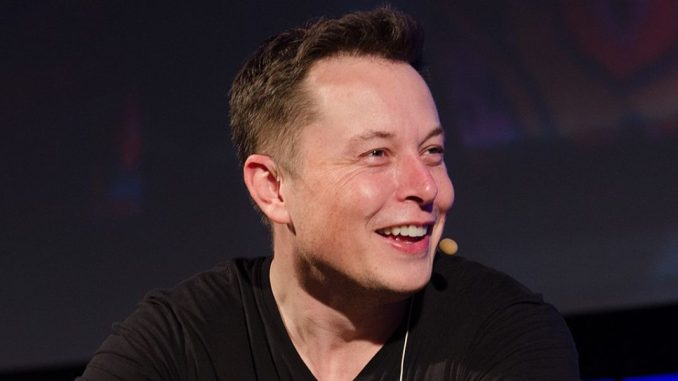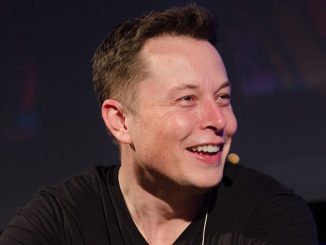
Waste, fraud, and abuse have become the standard operating procedure for the federal government.
The reality is worse than anyone could have ever imagined.
And a watchdog report exposing awful government waste had Elon Musk licking his chops.
Defense Department overpays a staggering amount for soap dispensers
The federal government is notorious for wasting taxpayer money.
One of the biggest sources of waste is the Department of Defense with its nearly $1 trillion per fiscal year budget.
Pentagon officials would like the public to believe that every penny in the defense budget is needed to keep the country safe.
But the Department’s ability to waste taxpayer money is legendary.
A report in the 1980s found that the Defense Department was paying $500 for a hammer and $600 for a toilet seat.
The Pentagon has failed its annual audit for six years in a row.
Officials can’t even keep track of all the weapons, money, and resources.
Even Defense Department officials admit a clean audit is years away if it ever happens.
The lack of oversight creates opportunities for waste and mismanagement.
A Defense Department Inspector General report found that the Air Force overpaid by 7,943% for the soap dispensers in the bathrooms of the C-17 military transport planes.
The Inspector General’s report didn’t list the exact price the Air Force paid.
But that’s over 80-times more than the price of a typical commercial soap dispenser.
A commercial soap dispenser sells for about $18 at Home Depot.
That means the Air Force was paying about $1,440 per soap dispenser.
Boeing took the Air Force to the cleaners
The Inspector General report found that Boeing was overcharging the Air Force for dozens of items, including the soap dispensers.
That resulted in the Air Force wasting over $1 million in taxpayer money on unnecessary or overpriced items.
An anonymous tip exposed the exorbitant soap dispensers to Defense Department officials.
Defense Department Inspector General Robert Storch said that the Air Force needed to develop better oversight of its spending.
“The Air Force needs to establish and implement more effective internal controls to help prevent overpaying for spare parts for the remainder of this contract, which continues through 2031,” Storch said.
Boeing’s unusual contract with the Air Force creates a situation that’s ripe for abuse.
The aerospace company orders the parts and items needed for the C-17 and sends the Air Force a bill for them.
Air Force leadership let the fox guard the henhouse.
“Significant overpayments for spare parts may reduce the number of spare parts that Boeing can purchase on the contract, potentially reducing C-17 readiness worldwide,” Storch said.
A Boeing spokesman attempted to blame the situation on a misunderstanding about the cost of military parts.
“We are reviewing the report, which appears to be based on an inapt comparison of the prices paid for parts that meet aircraft and contract specifications and designs versus basic commercial items that would not be qualified or approved for use on the C-17,” the Boeing spokesman said.
Why a C-17 needs a military-grade soap dispenser wasn’t explained by Boeing.
The federal government is ripe for an effort like the one proposed by Tesla and SpaceX founder Elon Musk to eliminate waste.



